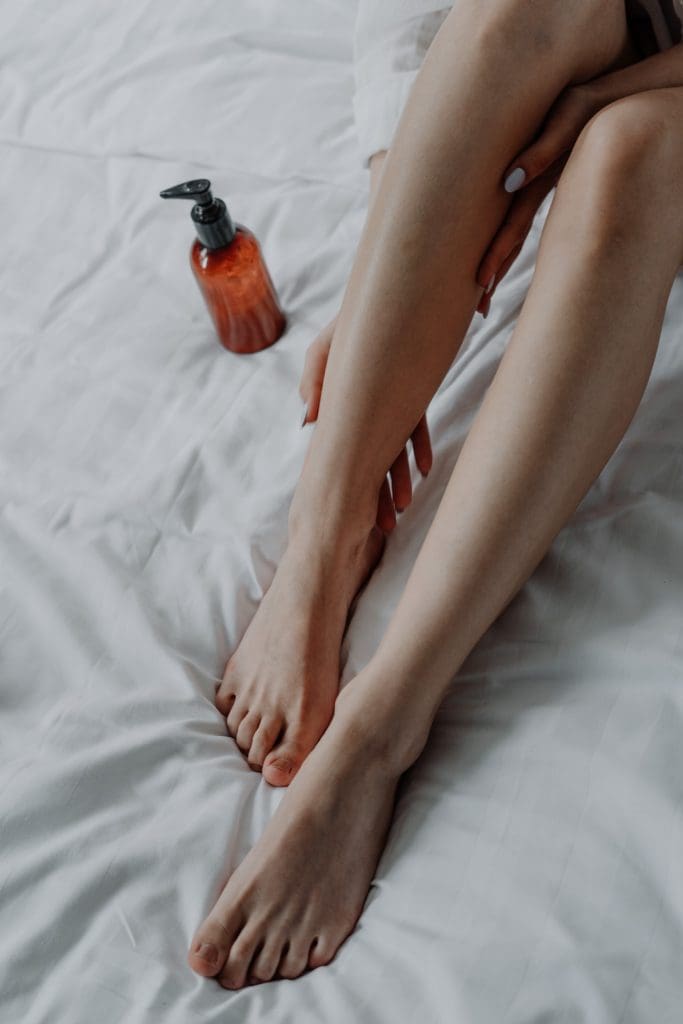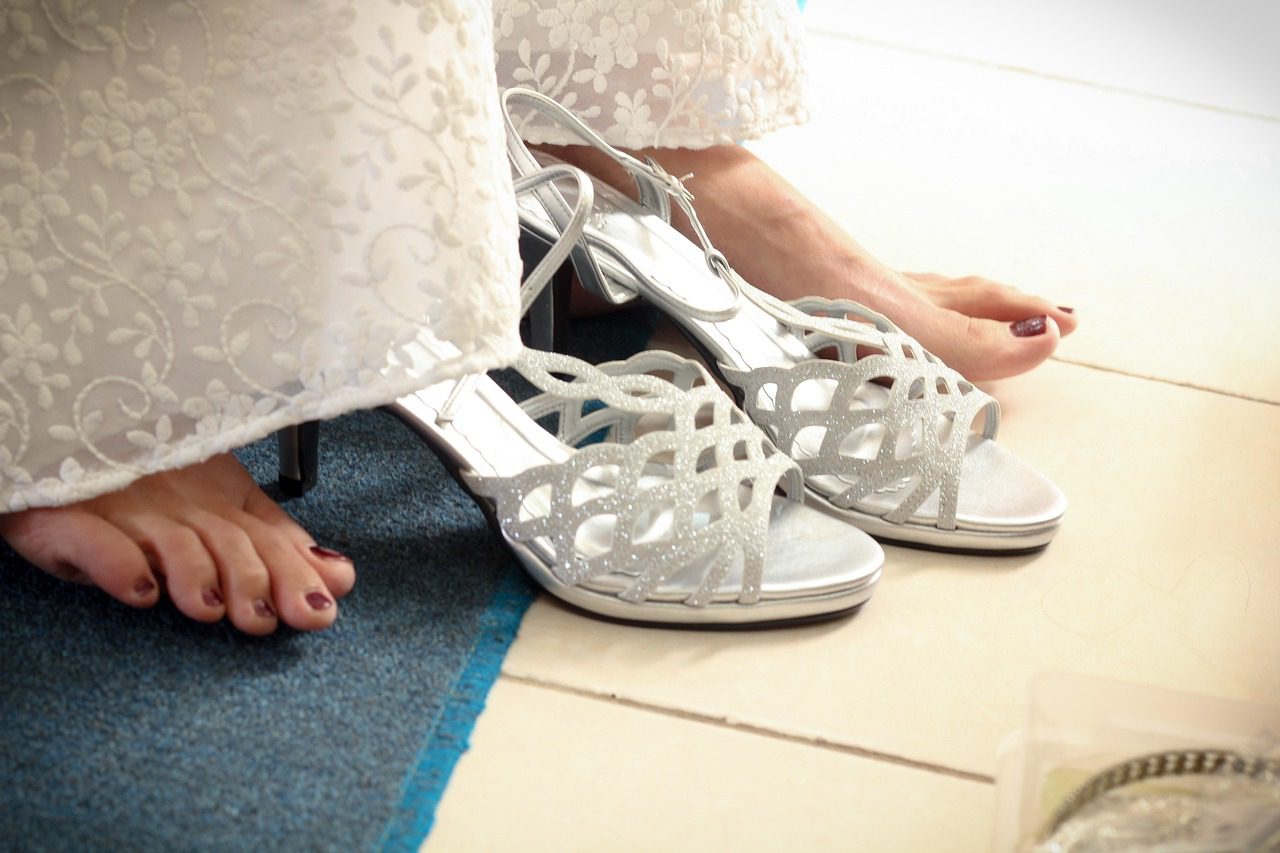Your feet can hold health clues of things that are happening to your body such as arthritis. Taking care of your feet is very important as it can affect the rest of your body. Pain in your feet can cause you to limp and create an imbalance for your hips and other parts of the body.
Table of Contents
1. Do your favorite shoes fit comfortably?
Do you remember the favorite shoes you bought recently? Are they as comfortable as they were when you first tried them? If not, chances are your toes have shifted position slightly, a common sign of arthritis. According to Sophia Solomon, a board-certified podiatrist in New York, your toes may start to move/deviate outwards towards the little toe, especially if you have rheumatoid arthritis. While the condition might be in its initial stages, hence hard to detect, you might start experiencing pressure and pain in certain parts of your feet, and especially toes. If your regular and favorite shoes don’t seem to fit or aren’t comfortable anymore (but still new), see a doctor immediately for a checkup and invest in some orthotic sandals.
2. Calluses On The Big Toe
The big toe can give health clues that you need to pay attention to. The big toe is among the first to show signs and symptoms of arthritis. According to Dr. Sophia Solomon, the big toe can move upwards to about 65 degrees, allowing the foot to propel you forward. Such movement, or dorsiflexion, is what makes it possible for one to walk comfortably. However, arthritis might make such toe movement almost impossible, leading to a condition commonly known as stiff big toe or hallux limitus. You surely don’t need a protractor to know this. Simply look for a callus on the inside of your big toe. If present, then chances are arthritis is catching up with you.
3. Look Out For ‘Sausage Toes’
While it might be normal for children to have sausage toes (Vienna), it isn’t particularly so for adults. The toes of a healthy adult should thus be relatively thin and bony. The slightest signs of fat toes may be an indicator and symptom of dactylitis. This is one of the main symptoms of psoriatic arthritis, says Dr. Solomon.
4. Never Overlook Heel Pain

While arthritis is known to target toe joints, it can still manifest in your heel and ankles as well. It is thus commonly mistaken for a strain or sports injury. However, a normal strain or sports injury should improve within a week or two, while aches from arthritis will linger on for much longer. Dr. Ragland recommends seeing your doctor to have the condition checked out. This is because the heel’s pain can be the result of inflammation or enthesitis in the tendons or ligaments (connective tissues) where bones insert. Such inflammation is commonly associated with ankylosing spondylitis and psoriatic arthritis – or inflammatory arthritis.
5. Be Careful With Hammertoes
Although previously considered harmless, hammertoes can be a symptom of osteoarthritis. The condition mostly happens when toe muscles are misaligned, putting pressure on the toe joints. This forces the toes to bend downwards, hence the name, mallet toes. While common, most people will often ignore mallet toes only to realize it was arthritis later on in life. Thus, you should seek a professional checkup if one or two of your toes seem to be misbehaving or have mallet toes.
6. Watch Out For Gout
Gout is a condition characterized by uric acid crystals’ buildup leading to a painful joint, toes in this case. Unknown to many, gout is a type of arthritis that is easily treatable when detected early. The most common gout signs include swelling, pain, redness, and tenderness at the big toe joints. Make an appointment with your doctor should you experience or have these symptoms. A good doctor may help treat the condition, while a rheumatologist may come in handy if these symptoms don’t fade away with conventional prescription medicine.
Pay attention to pain in your foot. Your feet will give you health clues that you need to take seriously.
Featured Image by Yasinta Astuti from Pixabay




